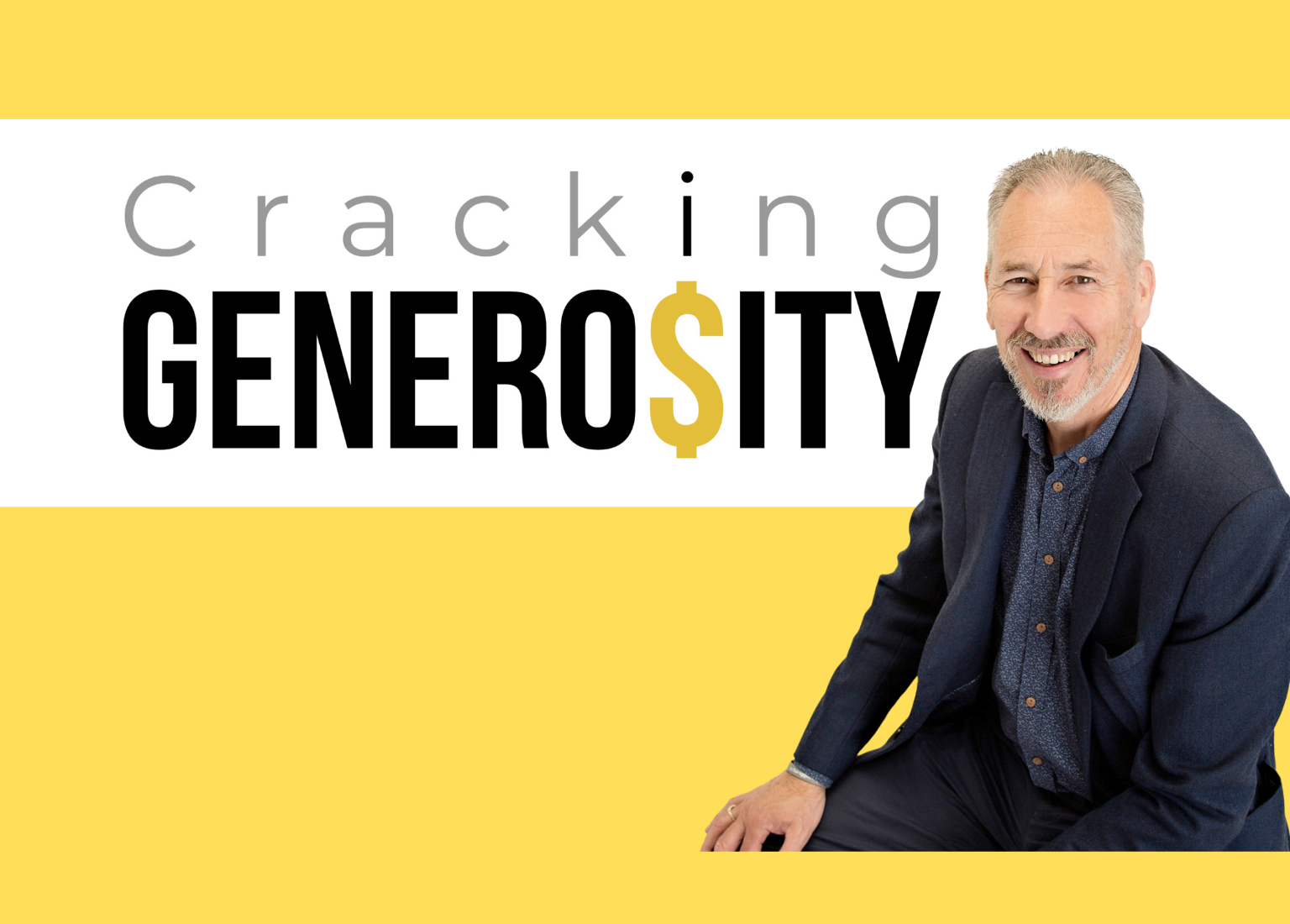
3 minute read
Surnames matter bigtime!
“Malcolm,” my grandmother, Ma Sproull said, looking squarely in my eyes when I was about age seven, “it’s “Sprow-well”, as in “Owl”, as in “hoot-hoot”, not “Sprawl”, as in “all-over-the-floor” followed by a smile, an Irish wink, and a nod.

This reminder of my surname’s pronunciation was delivered to all Ma Sproull’s grandchildren to get us on the proper pronunciation track from as early in our lives as possible. It was about ensuring we appreciated the importance of our surname and its origins. And to teach us to respect it.
The correct spelling and pronunciation of your surname matters because any person taking care to do so shows that they are making an effort to respect you as an individual and empathise with your heritage, culture, heart, and soul. Recall with me the times when you have met a person for the first time, exchanged first and second names with them, and that person has accurately recalled them when they met you a second time months later. Isn’t it the case that you are more friendly and open with such a person just because they went to the trouble of remembering your full name?
That is the heart of relationship fundraising and Cracking Generosity: remembering the names of each individual the fundraiser engages with, pronouncing them correctly in their own language and showing respect and honour to them from the get-go. After that, the door is open to discuss other matters, such as seeking help from them to raise funds for your nonprofit.
Cracking Generosity radiates out from respect for the individual, ahead of the urgency of your nonprofit cause. Yes – of course –I understand that whatever nonprofit good cause you are either working for or representing in some way is of vital importance to you personally. You want to see it succeed and fill the unmet need that either you or its founder have identified in the community where you live – wherever that may be in the world.
But first, I ask you to slow down. In order to Crack Generosity successfully, one fundamental principle must apply throughout. You must endeavour to find the stories of donors and yet-to-be donors much more interesting and important than your own story or the story of your nonprofit.
In short, donors or yet-to-be donors of money must matter to you more than you and your nonprofit mission. You must take great care to honour them from the beginning, starting by never misspelling (nor forgetting) their first and last name. It's called being donor-centric.
Being donor-centric is the key to unlocking what I call Citizen Generosity. It is at the heart of Cracking Generosity. When your story becomes more important than a donor’s story, you will not succeed in cracking generosity, period.










